Terra Natura Benidorm activates its annual protocol to protect vulnerable species from cold weather
hace 4 monthsThe park’s applied procedures include nutritional reinforcement, heating systems, and specialised care for specific species.
Terra Natura Benidorm has implemented its annual cold prevention protocol to protect the park’s most vulnerable species during the coldest months of the year. This set of procedures, which began in November and will be extended until March, is intended to safeguard the animals from the cold night temperatures and prevent any negative impacts on their health.
One of the protocol’s key strategies is to reinforce the mammals’ diet by increasing their calorie intake by 20%. This increase guarantees that the animals have enough energy to keep their body temperature stable in the cold. Vitamin C supplements are often administered to enhance the immune system and prevent respiratory illnesses.
This is especially important for small primates like marmosets, capuchin monkeys, and gibbons, who get the vitamin in the form of special candies, which are formulated to naturally improve their defences. During the colder days, carers prepare warm porridge for these primates, giving them extra warmth and vitality. Terra Natura Benidorm has also triggered individual heating systems in the inside shelters of the various species to provide a comfortable atmosphere, particularly when temperatures drop at night. These systems include air heating for flying foxes and volcano-area species, radiators for siamangs, gibbons, rhinoceroses, capuchin monkeys, and macaws, thermal tiles for pythons and tortoises, and heat lamps for sloths and marmosets. Each system is constantly evaluated and changed based on environmental circumstances to maximise both animal comfort and energy efficiency.
Special care for reptiles and snakes.
Reptiles require special care throughout the winter because they are poikilothermic, meaning they rely on external sources of heat to control their body temperature. Snake and lizard enclosures now have specific ultraviolet light bulbs (UVB), which are required to activate vitamin D production in their skin.
Furthermore, species such as chameleons have sections with varied temperature gradients, allowing them to switch between warm (30-35 °C) and cool (20-25 °C) zones based on their needs.
Terra Natura Benidorm’s actions underline its dedication to the welfare of the animals housed in its facilities.
“Preventive care during the winter not only ensures the health of our most vulnerable species, but also reinforces our commitment to excellence in animal management and care,” said the park’s veterinary team. This procedure not only preserves resident species, but also gives visitors the opportunity to learn about the necessity of animal care during the colder months.
About Terra Natura Benidorm.
Terra Natura Benidorm is a nature and animal park dedicated to the conservation of animal species, with over 150 species, the majority of which are vulnerable or endangered. The tour of its facilities introduces visitors to the concept of zoo immersion. The borders between the visitor and the animals are concealed among the plants, giving the impression of continuity between the habitats built to fulfil the animals’ needs.

